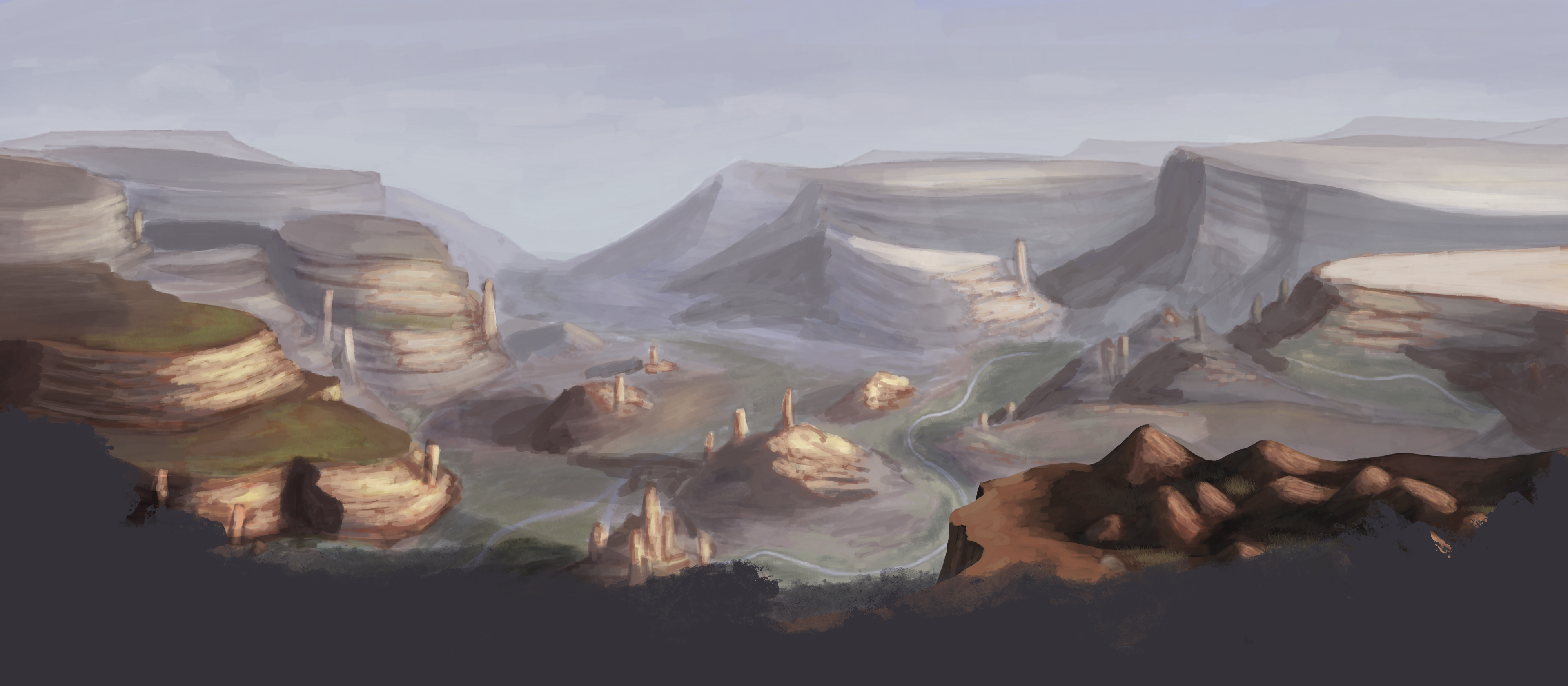Finding Acceptance in the Desert
In the cultures of Kenhika and Donhuids during the last years, there were traditional expectations of gender roles. Men were expected to be skilled in combat and hunting, while women were expected to manage the household and take care of their children. However, these expectations were not always strictly enforced, and there were some exceptions.
For example, some women in the Donhuid culture were known to be skilled hunters and fighters and were even praised for their bravery and strength. Similarly, some men in the Kenhika culture were valued for their artistic abilities and were respected for their talents, even if they were not skilled in combat.
There was also some acceptance of those who did not conform to traditional gender roles, but this varied depending on the community. Some were more accepting of individuals who displayed traits that were not associated with their gender, while others were more hostile towards them.
For those who were not accepted within their communities, life could be difficult. They may have faced discrimination, violence, and even exile. However, there were also instances of support and solidarity among those who were marginalized. Some individuals formed their own communities and support networks and were able to thrive despite societal pressures.
Remove these ads. Join the Worldbuilders Guild









Comments